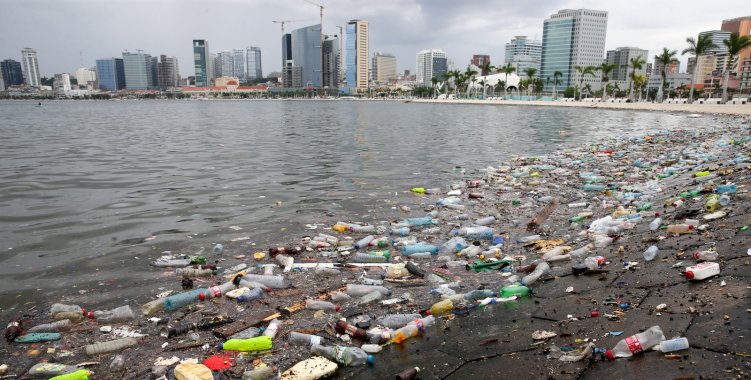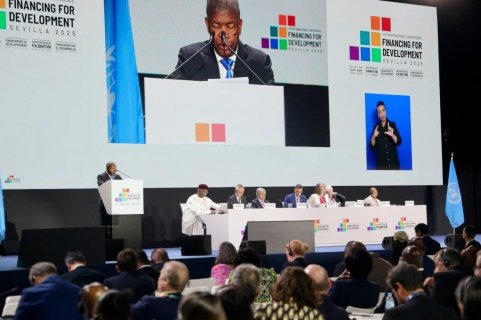Speaking to Lusa, Cristina Pinto, representative of Kalu (Association of natives, residents and friends of Luanda) recalled that the capital, which turned 445 in January, has grown with a series of construction and sanitation problems, as well as water and electricity supply, and other infrastructures for which it was not designed with so many inhabitants.
"We are now between eight and 10 million [inhabitants] and in 1975 it had less than a million," Cristina Pinto said, pointing out that many Angolans fled the countryside to the city in search of better living conditions, protection and security leading to anarchic growth in the peripheral neighborhoods.
At least 24 people died, three were injured and almost 12,000 were left homeless as a result of the rain that left a trail of destruction in the capital, knocking down houses and bridges, and dragging in the torrents tons of garbage that can aggravate endemic diseases such as malaria.
"Imagine the amount of garbage that is running into the sea, imagine the contamination of the water from the networks, there is a whole public health problem that is serious," said the former vice president of Kalu, pointing to the predictable increase in diseases such as malaria, cholera, typhoid fever and urinary tract infections.
"There are water supply problems in hospitals, in schools, in our homes where we use motor pumps and water tanks to support the problems that are accumulating and increasing," Cristina Pinto noted.
The priorities, she stressed, should be the collection of standing water and human issues.
"There are many people without homes right now, many people who have children, children, many people with health problems like malaria increasing", she noted, calling for a rethink in the management of the city with greater involvement of the civil city in the discussion of solutions.
For Cristina Pinto, the accumulation of garbage is a consequence of the poor governance of Joana Lina, appointed in May 2020, after running Huambo for a little over a year and a half.
"How does it end in the middle of the festive season, like Christmas, when there is much more garbage than usual, the contracts with the garbage companies and we are left all this time waiting for things to happen? There is a series of administrative and governance gears that should be well thought out and pondered", he highlighted.
The Provincial Government of Luanda suspended the contracts with the waste collection companies in December, flooding the city with garbage over the past months, a situation that has not yet been resolved, despite the fact that seven companies were chosen to ensure the cleaning.
"Of course we have to find a culprit and, at this moment, whoever is governing is the one who bears the responsibility for bad management and bad governance," pointed out Kalu's representative, lamenting that when the governors are chosen it is not known what their curriculum and capacity to administer a city with eight million inhabitants are.
"At this moment who has the great responsibility is the party that is in power, the MPLA, there has to be something well structured to know who is going to administer a city with all these problems", she reinforced.
Cristina Pinto admitted that the problems "have existed for a long time" in Luanda, but when there are many hours of heavy rain they completely block the city.
"The images we saw on social networks were frightening," she added.







